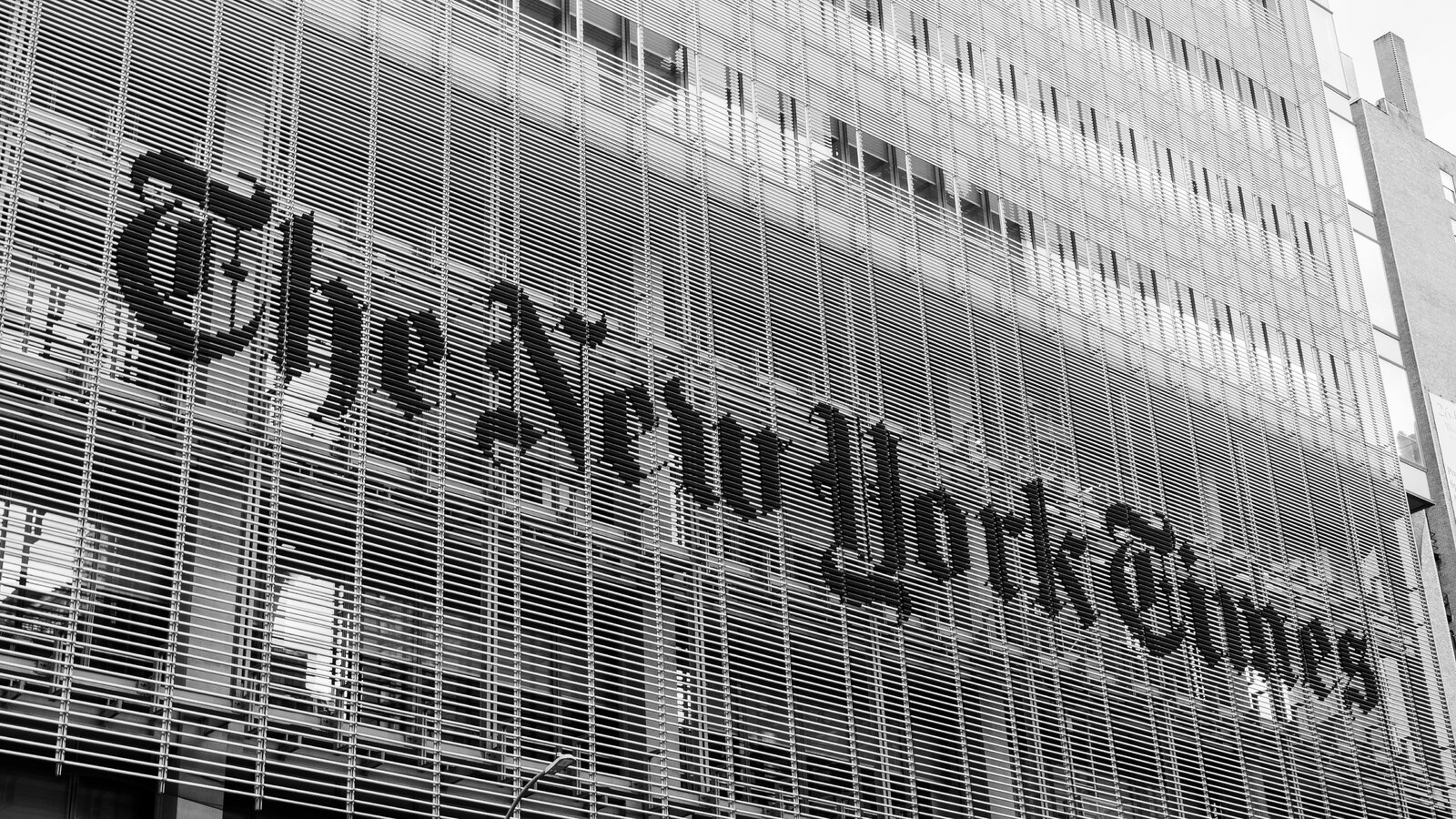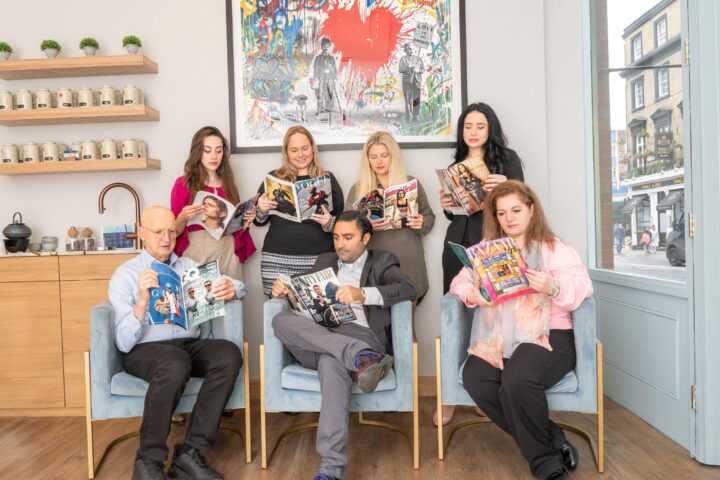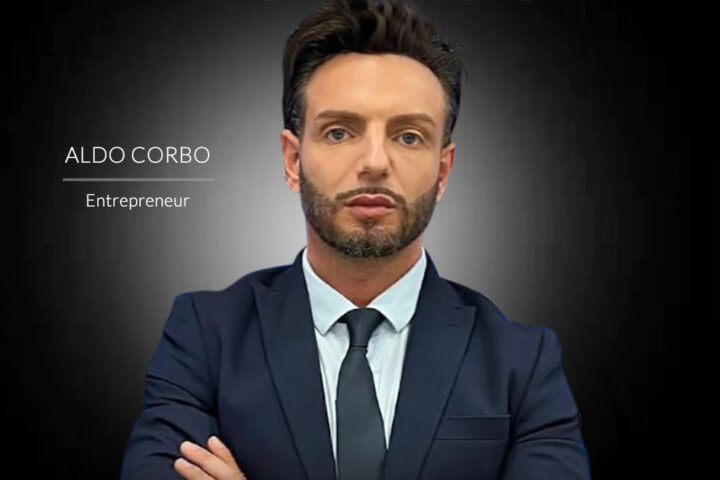In a surprising turn of events, The New York Times has filed a groundbreaking lawsuit against technology giants Microsoft and OpenAI, claiming ‘billions’ in damages for alleged intellectual property infringement. The lawsuit, filed in the United States District Court, has sent shockwaves through the tech industry, raising questions about the ethical use of artificial intelligence and the protection of journalistic content.
The New York Times alleges that Microsoft and OpenAI have utilized advanced natural language processing technology to develop language models that closely mimic the writing style and content produced by The New York Times journalists. The complaint contends that the companies have not only replicated the newspaper’s distinctive voice but have also utilized proprietary information and journalistic techniques.
The lawsuit argues that this unauthorized use of The New York Times’ intellectual property has had a significant impact on the newspaper’s business, eroding its competitive edge in the fast-evolving media landscape. The complaint states that the defendants’ actions constitute copyright infringement, misappropriation of trade secrets, and unfair competition.
Microsoft and OpenAI, both prominent players in the tech industry, have not yet publicly responded to the allegations. Legal experts anticipate a fierce legal battle as the case unfolds, given the potential implications for the use of artificial intelligence in content creation and the protection of intellectual property.
The New York Times claims that it discovered the alleged infringement during an internal investigation into the origins of certain content produced by Microsoft and OpenAI’s language models. The lawsuit points to specific instances where the defendants’ technology allegedly reproduced articles and headlines in a manner that closely resembled The New York Times’ signature style.
The outcome of this lawsuit could have far-reaching consequences for the field of artificial intelligence and its applications in content generation. It raises important questions about the boundaries of AI development and usage, especially in cases where the technology appears to replicate proprietary and copyrighted material.
Legal scholars suggest that the case will likely turn on whether the defendants can demonstrate that their models were trained on a diverse range of publicly available data and not specifically on The New York Times’ content. Additionally, the lawsuit may prompt a broader conversation about the ethical considerations and safeguards required in the development and deployment of advanced AI technologies.
As the legal proceedings commence, the tech industry, legal experts, and media organizations alike will be closely monitoring this case for its potential impact on the evolving intersection of artificial intelligence, intellectual property, and journalism.








